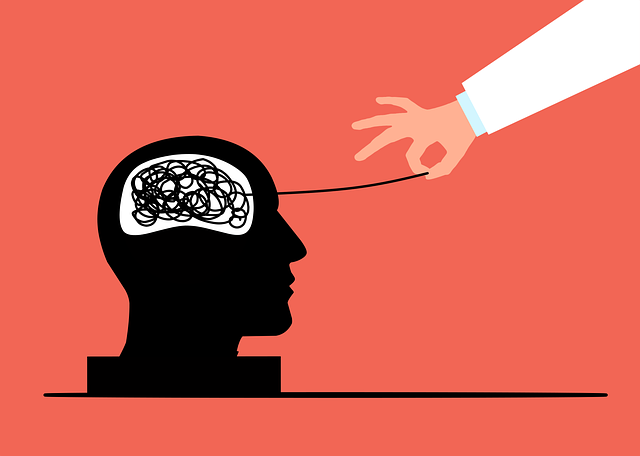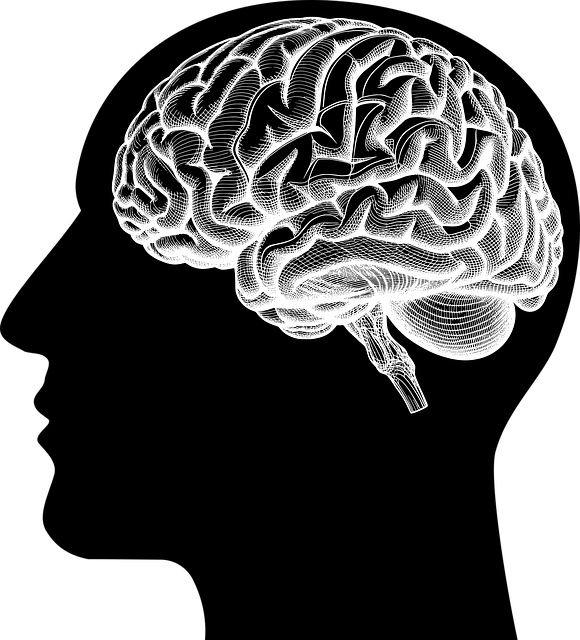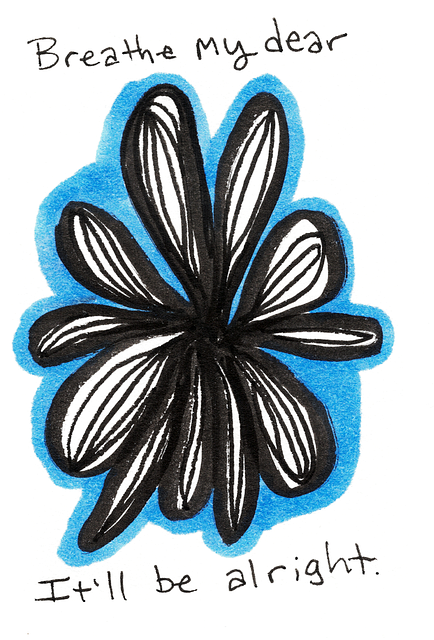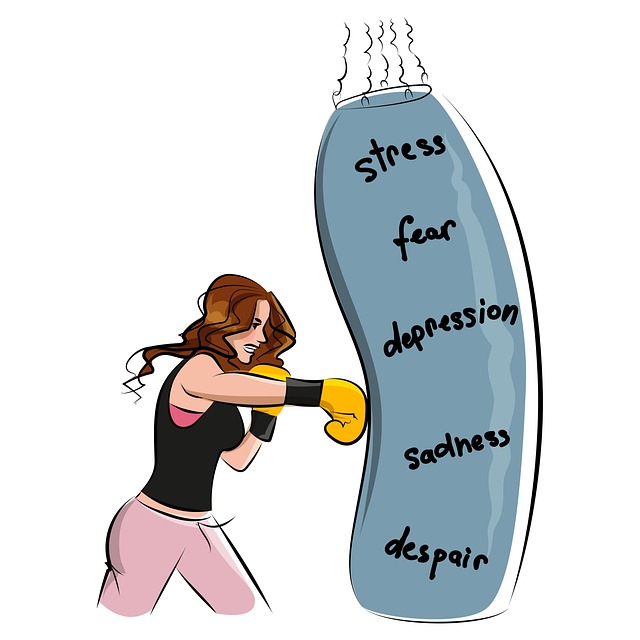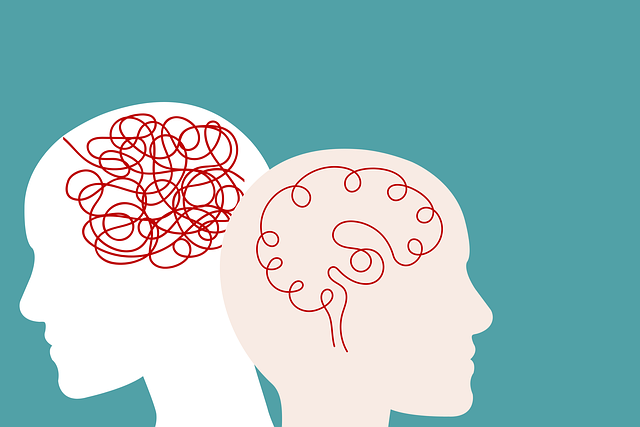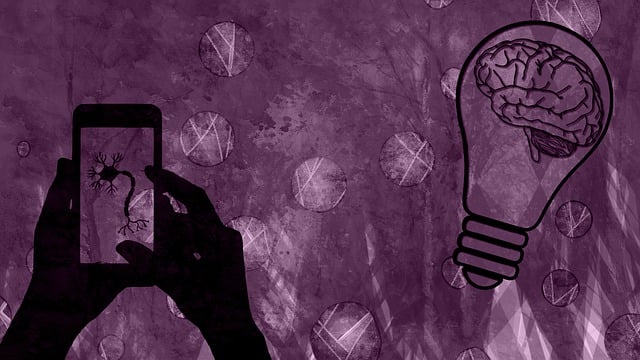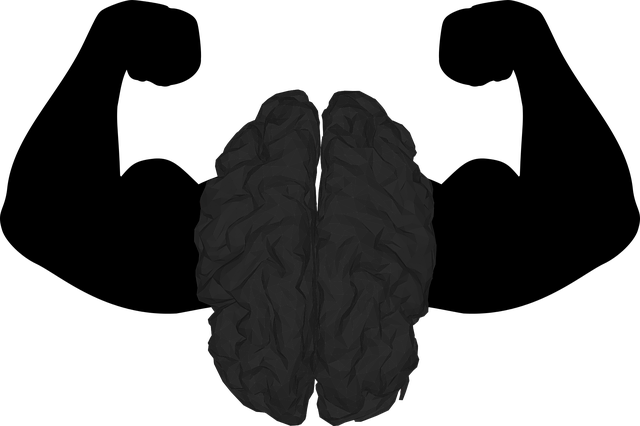Mental health crisis hotlines provide 24/7 support for all ages, offering confidential guidance and tailored strategies from trained professionals. These services address unique needs of children through creative therapies like play or art, and geriatrics with Mind Over Matter approaches to cope with cognitive decline and end-of-life anxieties. By promoting open communication, resilience, and access to resources, hotlines serve as critical first points of contact for immediate assistance and proactive mental well-being management, including therapy specifically for children and geriatrics.
“In times of mental distress, a simple phone call can be a powerful lifeline. Mental health crisis hotline support services play an invaluable role in providing immediate assistance and guidance to individuals across all age groups. This article delves into the significance of these hotlines, offering insights on tailored therapy options for both children and geriatrics.
From understanding the crisis line’s reach to learning effective access strategies, readers will discover how these resources can be utilized to offer much-needed support during challenging times, ensuring better mental health outcomes.”
- Understanding Mental Health Crisis Hotlines: A Lifeline for All Ages
- Tailoring Support: Therapy Options for Children and Geriatrics
- Accessing Resources: How to Reach and Utilize These Services Effectively
Understanding Mental Health Crisis Hotlines: A Lifeline for All Ages

Mental health crisis hotlines serve as a vital resource for individuals across all age groups, offering immediate support and guidance during times of intense emotional distress or emerging mental health crises. These 24/7 services provide a confidential space where people can access trained professionals who offer crisis intervention and guidance tailored to their unique needs. Whether it’s a child struggling with anxiety, a young adult facing depression, or an elderly person experiencing loneliness, these hotlines ensure that everyone has access to emergency mental health care.
Beyond providing immediate support, crisis hotlines equip individuals with valuable empathy building strategies and confidence boosting techniques. By fostering open communication, these services help users develop coping mechanisms and build resilience, empowering them to better navigate future challenges. The availability of such resources underscores the growing recognition of mental health as a fundamental aspect of overall well-being, ensuring that support is accessible regardless of age or background.
Tailoring Support: Therapy Options for Children and Geriatrics

Mental health crisis hotline support services recognize that one-size-fits-all therapy doesn’t work. Both children and geriatrics have unique needs and challenges. For children, therapists often employ creative approaches like play therapy or art therapy to help them express their emotions and process trauma in a safe, age-appropriate manner. These methods allow young individuals to engage with the therapeutic process while building trust and reducing anxiety.
Geriatrics, on the other hand, may benefit from therapies tailored to address age-related concerns such as cognitive decline, loneliness, and end-of-life anxieties. Therapists skilled in geriatric mental health can incorporate Mind Over Matter principles to promote resilience, enhance coping mechanisms, and even prevent burnout among healthcare providers who support this vulnerable population. Additionally, these services focus on building social connections, cultivating meaningful activities, and ensuring access to necessary resources for a holistic approach to well-being.
Accessing Resources: How to Reach and Utilize These Services Effectively

Reaching out for help is a significant step towards managing and overcoming mental health challenges. When facing a crisis, accessing the right resources can make all the difference. Mental health hotline support services are designed to provide immediate assistance and guidance, offering a confidential space to express concerns and seek professional advice. These hotlines cater to diverse populations, including children and geriatrics, ensuring that every individual receives tailored care.
To effectively utilize these services, it’s beneficial to know the specific areas of need. For instance, those seeking therapy for children might focus on improving self-esteem and building empathy within their support network. Similarly, hotline operators can guide geriatric individuals toward strategies for boosting confidence and managing age-related concerns. Remember, accessing help is a proactive step towards better mental well-being, and these hotlines are a valuable first point of contact during times of crisis.
Mental health crisis hotline support services serve as a vital resource for individuals of all ages, offering tailored therapy options for both children and geriatrics. By effectively accessing these services, people in need can receive immediate assistance and guidance, fostering better mental well-being. Whether it’s for young minds navigating challenges or seniors seeking support, these hotlines play a crucial role in enhancing overall mental health and quality of life.

